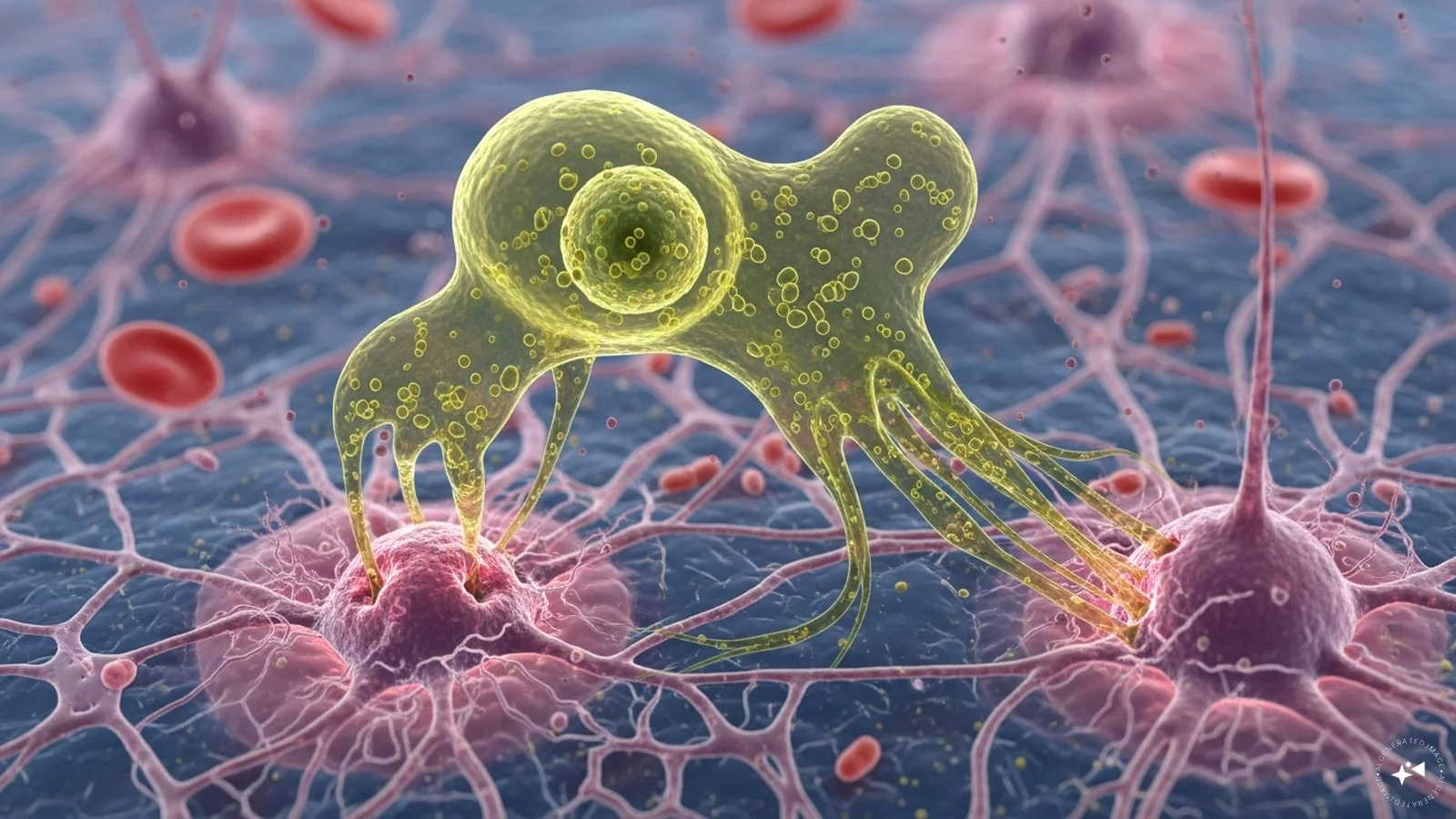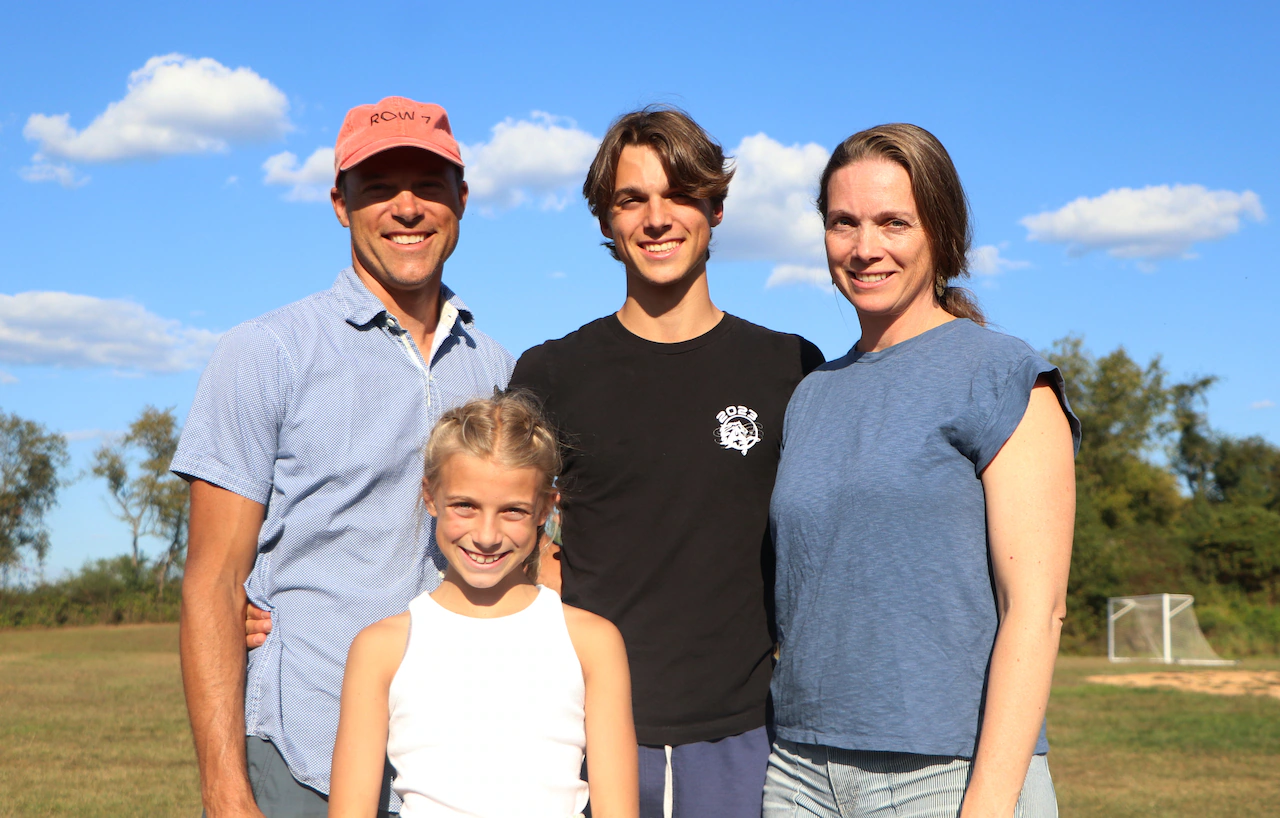By News18,Priyanka Das,Sujata.singh
Copyright news18

Kerala is facing one of its most alarming health challenges in recent years: a sudden spike in cases of Primary Amoebic Meningoencephalitis (PAM), a rare but deadly brain infection caused by the so-called “brain-eating amoeba.”
Kerala is witnessing a sudden spike in cases of Primary Amoebic Meningoencephalitis (PAM), a rare but deadly brain infection caused by the so-called “brain-eating amoeba.” In 2025 alone, the state has reported 69 confirmed cases and 19 deaths. The rise is striking, considering fewer than 10 cases were reported in the six years leading up to 2023. (AI-Generated)
Primary Amoebic Meningoencephalitis is a rare infection of the brain caused by Naegleria fowleri, a microscopic organism found in warm freshwater and soil. Popularly dubbed the “brain-eating amoeba,” it invades brain tissue and causes rapid inflammation, often leading to death within days. (AI-Generated)
Infection occurs when water containing the amoeba enters the nose, usually while swimming, diving or bathing in untreated freshwater. From there, the amoeba travels along the olfactory nerves, crosses the cribriform plate at the base of the skull and reaches the brain. (Image: AI-Generated)
The symptoms of PAM resemble those of bacterial meningitis, which makes diagnosis difficult. They typically appear between one and nine days after exposure and may develop acutely within hours. (Image: Pexels)
The first signs include headache, fever, nausea and vomiting. As the infection advances, patients may experience a stiff neck, confusion, seizures, hallucinations, loss of balance and eventually slip into a coma. Most patients die within one to 18 days after symptoms begin, often due to severe brain swelling. (Image: Pexels)
Given the lack of a reliable cure, prevention is critical. Health authorities have issued detailed guidance. (Image: AI-Generated)
Avoid swimming or bathing in untreated or stagnant freshwater bodies such as ponds and lakes. (Image: Pexels)
Use nose clips or keep the head above water while swimming in freshwater. (Image: AI-Generated)
For nasal rinsing or religious rituals like jal neti, use only boiled and cooled, distilled or sterile water. (Image: AI-Generated)
Ensure that swimming pools, wells and household tanks are regularly cleaned and properly chlorinated. (Image: Pexels)
Avoid exposing open wounds to untreated water or soil, and use waterproof bandages if necessary. (Image: AI-Generated)
Contact lens users are advised to use sterile, commercially prepared solutions to prevent Acanthamoeba-related eye infections. (Image: AI-Generated)



